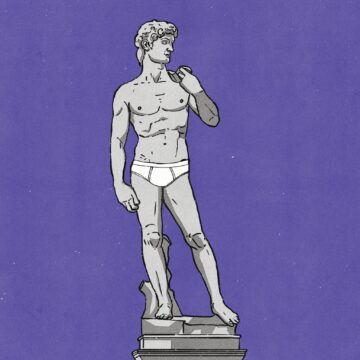Jen Silverman in The New York Times:
 When I was in college, I came across “The Sea and Poison,” a 1950s novel by Shusaku Endo. It tells the story of a doctor in postwar Japan who, as an intern years earlier, participated in a vivisection experiment on an American prisoner. Endo’s lens on the story is not the easiest one, ethically speaking; he doesn’t dwell on the suffering of the victim. Instead, he chooses to explore a more unsettling element: the humanity of the perpetrators.
When I was in college, I came across “The Sea and Poison,” a 1950s novel by Shusaku Endo. It tells the story of a doctor in postwar Japan who, as an intern years earlier, participated in a vivisection experiment on an American prisoner. Endo’s lens on the story is not the easiest one, ethically speaking; he doesn’t dwell on the suffering of the victim. Instead, he chooses to explore a more unsettling element: the humanity of the perpetrators.
When I say “humanity” I mean their confusion, self-justifications and willingness to lie to themselves. Atrocity doesn’t just come out of evil, Endo was saying, it emerges from self-interest, timidity, apathy and the desire for status. His novel showed me how, in the right crucible of social pressures, I, too, might delude myself into making a choice from which an atrocity results. Perhaps this is why the book has haunted me for nearly two decades, such that I’ve read it multiple times.
More here.
